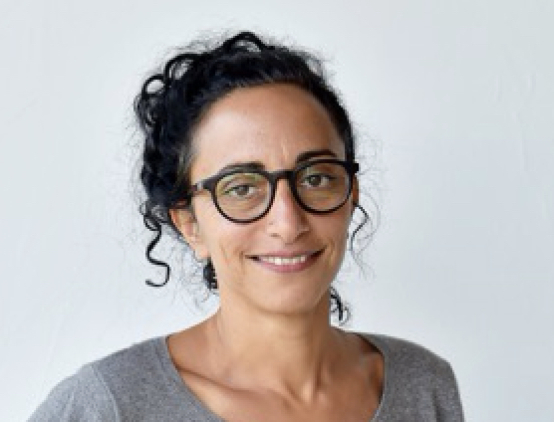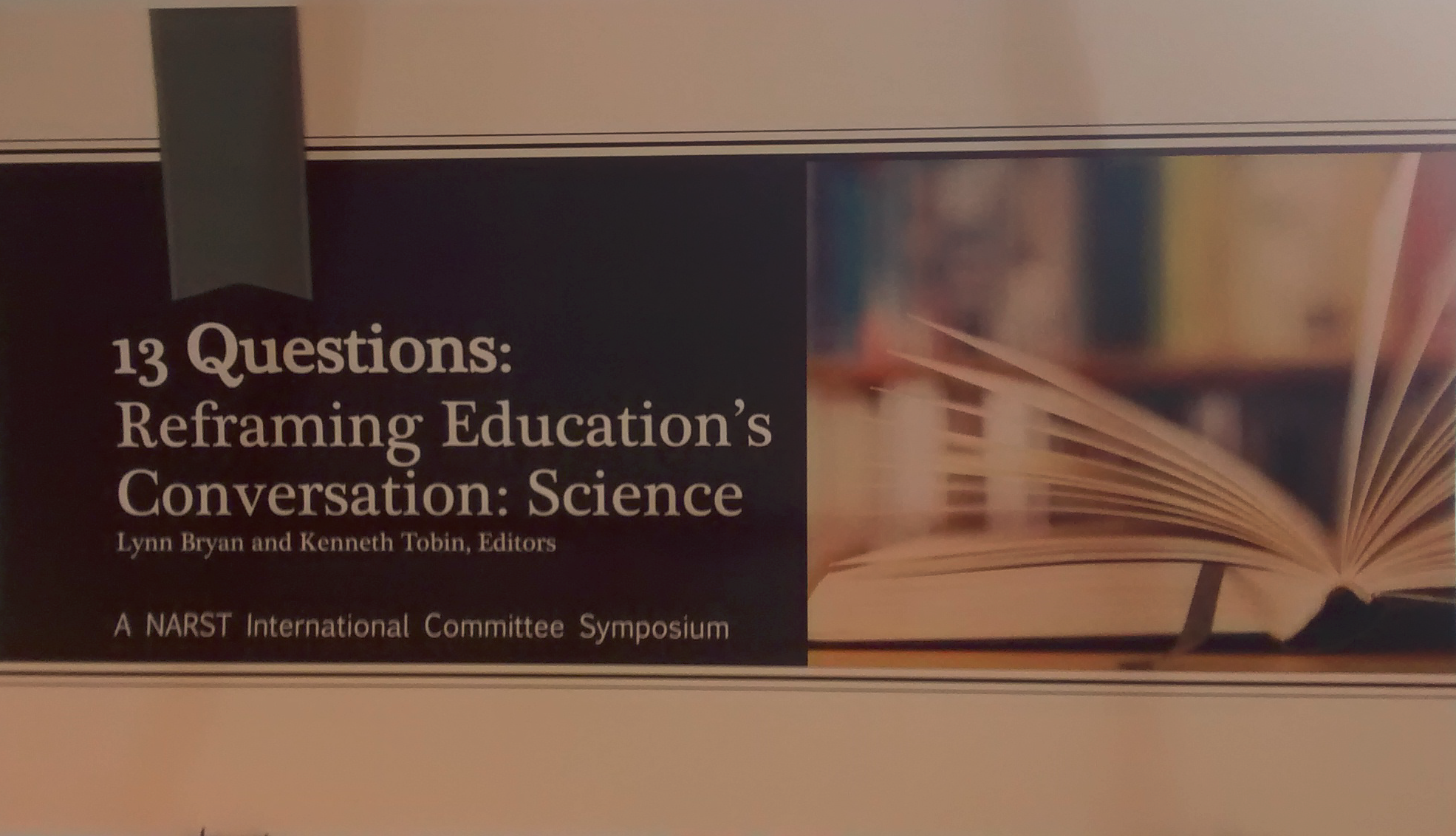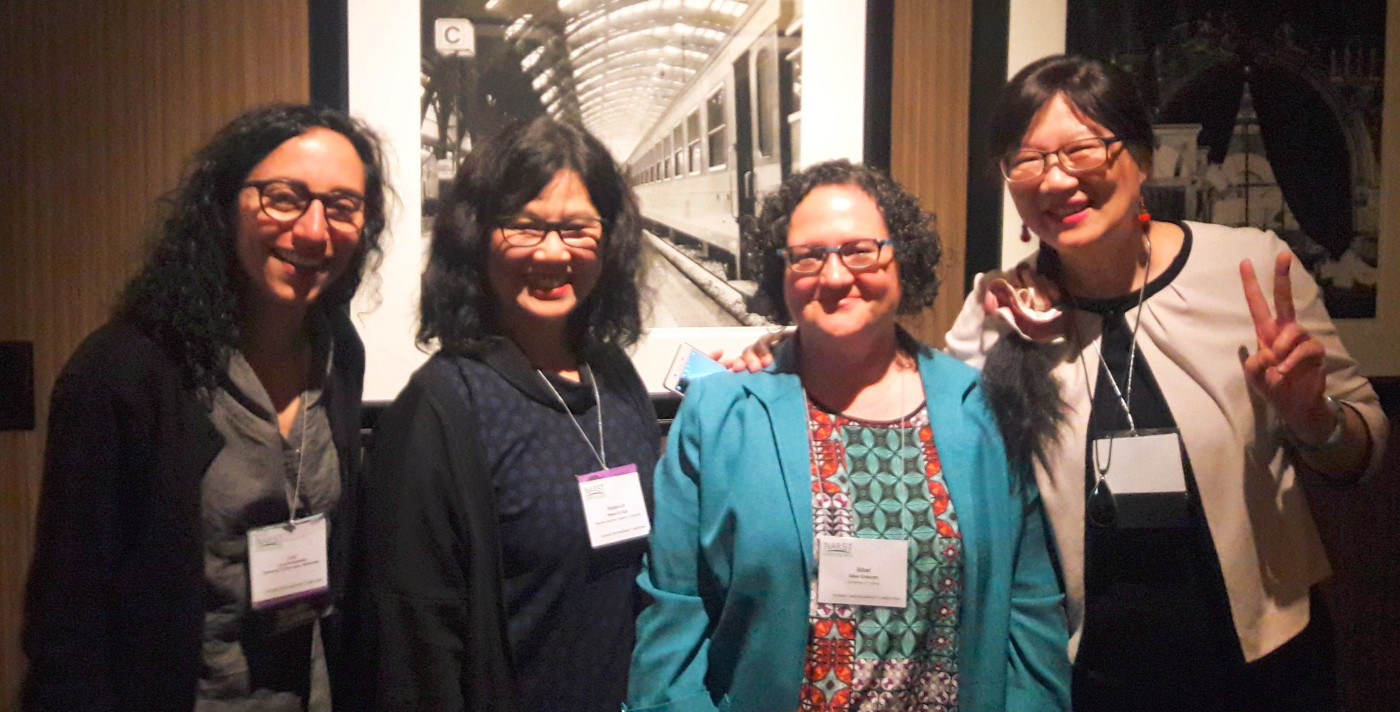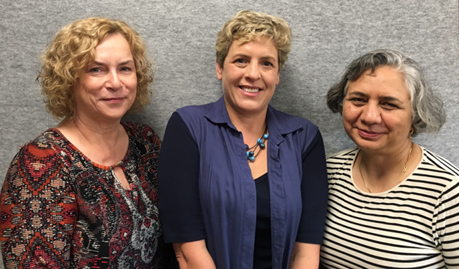International Committee, July 2017
Welcoming New Members

International Coordinator
The Committee wishes to thank Saouma Boujaoude (American University of Beirut) and Sara Barrett (York University, Canada) for their excellent service to the committee for the past three years. We welcome four new members: Ravindeer Koul, Andri Christodoulou, Hye-Eun, and Benjamin Barlow. With these new members, the committee becomes even more diverse, with representation from seven different countries:
- Lucy Avraamidou, University of Groningen, Netherlands
- Ravindeer Koul, Pennsylvania State University, USA
- Andri Christodoulou, University of Southampton, UK
- Hye-Eun, Macquarie University, Australia,
- Benjamin Barlow, Griffith University, Australia
- Shirly Avargil, Bar-Ilan University, Israel
- Dante Cisterna, University of Missouri, USA
- Hyewon Jang, Harvard University, USA
- Henriette Tolstrup Holmegaard, University of Copenhagen, Denmark
- Bahadir Namdar, Recip Tayyip Erdogan University, Turkey
What Happened During the Annual International Conference?
Presentations
Two symposia, one selected by the committee and another selected by the ESERA Board, were presented.
Committee-sponsored symposium
Proposed by the International Committee and organized by Professor Lynn Bryan, Purdue University, based on the upcoming book:

Presenters:
- Lucy Avraamidou, University of Groningen, Netherlands
- Martha Allexsaht-Snider, University of Georgia, USA
- Leanne Avery, SUNY Oneonta, USA
- Lawrence Bencze, University of Toronto, Canada
- Rowhea Elmesky, Washington University St Louis, USA
- Autumn Joy Florencio-Wain, SUNY Albany, USA
- Sophia Jeong, University of Georgia, USA
- Deborah Tippins, University of Georgia, USA
- Sonya Martin, Seoul National University, Korea
- Michael Reiss, University College London, UK
- Matthew Weinstein, University of Washington, USA
- Maria Varela, University of Illinois, Chicago, USA
- Mellita Jones, Australian Catholic University, Australia
- Carolina Castano Rodriguez, Australian Catholic University, Australia
- Anita Hussénius, Uppsala University, Sweden
- Shakhnoza Kayumova, University of Massachusetts, Dartmouth, USA
- Femi Otulaja, University of the Witwatersrand, South Africa
- Michael Reiss, University College, London
- Christina Siry, University of Luxembourg, Luxembourg
- Anna Gorges, University of Luxembourg, Luxembourg
- Lily Taylor, Murdoch University, Perth, Australia
ESERA-sponsored symposium
Proposed by the ESERA Board and organized by Professor Anna Uitto, University of Helsinki.
How Effective is Education for Sustainable Development in the Context of Formal Education? Findings from Four Large-Scale Studies.
Presenters:
- Anna Uitto, University of Helsinki, Finland
- Seppo Saloranta, University of Helsinki, Finland
- Jelle Boeve-de Pauw, University of Antwerp, Belgium
- Peter Van Petegem, University of Antwerp, Belgium
- Niklas Gericke, Karlstad University, Sweden
- Daniel Olsson, Karlstad University, Sweden
- Daphne Goldman, Beit Berl College, Israel
- Bell Weiss, University of Haifa, Israel
- Dorit Baum, University of Haifa, Israel
Committee Meeting
The committee’s annual open meeting was very well attended. Two members of the committee (Saouma Boujaoude and Henriette Tolstrup Holmegaard) and many NARST participants attended, representing various geographical contexts: Copenhagen, Australia, Korea, Turkey, Colombia, South Africa and the USA. Among the participants were a few of the recipients of the NARST scholarship awards, as well as the recipient of the Linking Science Education Program (LSEP) – see below.
The International Coordinator provided an overview of the past year’s activities and events. Following that, the recipient of this year’s LSEP award presented her project. Before closing, the participants engaged in a very productive discussion about various issues and challenges that the science education international community faces—
- Lack of visibility of the activities/awards of the committee;
- Lack of representation at the conference from participants from specific geographical areas; and
- Lack of representation of international members on the various committees—
as well as some possibilities for consideration:
- Virtual presentations or conference attendance through Skype and
- Live-streaming of the conference keynotes.
Relations
The International Coordinator participated in the Presidential Breakfast with representatives of NARST and organizations from Europe (European Science Education Research Association), Korea (Korean Association for Science Education), Taiwan (Association of Science Education in Taiwan), and the USA (Association for Science Teacher Education), to discuss possibilities for collaboration and promotion of events of common interest.

Left to right: Lucy Avraamidou (2016-2019), Hsiao-Ling Tuan (2013-2016), Sibel Erduran (2010-2013), Mei-Hung Chiu (2007-2010)
Linking Science Education Program
The recipient of this year’s LSEP award is Dr. Rekha Koul, Senior Lecturer, Curtin University School of Education. Her project’s title is Using a Makerspace Approach to Create a Science Community of Practice (COP) for Teachers and Pre-Service Teachers in India.
The task group members are:
- Rachel Sheffield, Senior Lecturer, Curtin University School of Education
- Dr Susan Blackley, Senior Lecturer, Curtin University School of Education
- Pratyusa Kumar Mandal, National Council for Educational Research and Training, Sri Arbindo Marg, New Delhi

The purposes of the project are to:
- Use a Makerspace approach to strengthen Indian teachers’ and pre-service teachers’ confidence and competence in Science education through the use of hands-on activities and a Reflective Identity Formation Model (Sheffield & Blackley, 2016) of professional learning;
- Create a Makerspace Community of Practice using a virtual space (closed Facebook site) to globally connect and support teachers, pre-service teachers and academic mentors; and
- Evaluate the impact of the professional learning through the collection and analysis of quantitative and qualitative data.
